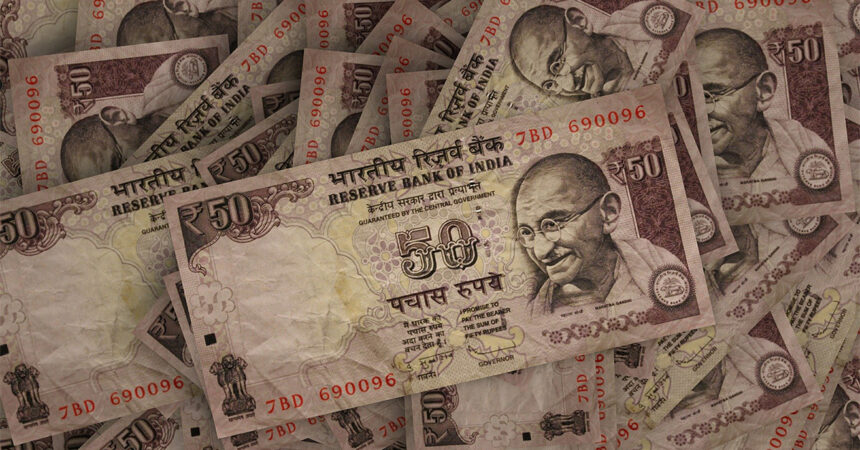The regulatory framework governing cash deposits in savings accounts has become increasingly stringent as India moves toward a digital economy. Understanding these limits is crucial for every account holder to avoid unwanted scrutiny from tax authorities and potential penalties. This comprehensive guide covers all aspects of cash deposit regulations under the Income Tax Act 2025.
Understanding Cash Deposit Limits
Savings Account Deposit Limits
The cash deposit limit in savings accounts as per income tax regulations is ₹10 lakh per financial year. This threshold applies to the cumulative cash deposits made by an individual across all their savings accounts during a financial year. When deposits exceed this limit, banks are required to report the transactions to the Income Tax Department.
For daily transactions, the cash deposit limit is ₹50,000 per day. Any deposit exceeding this amount requires submission of PAN details, or alternatively, Form 60/61 can be submitted if PAN is not available.
Current Account Deposit Limits
Current accounts, primarily used by businesses and enterprises, have different limits due to their operational nature. The reporting threshold for current accounts is significantly higher at ₹50 lakh per financial year. Individual banks may have their own operational limits:
- SBI: Cash deposit limits range from ₹5 lakh to ₹100 crore per month depending on the account type
- HDFC: Up to ₹60 lakh or ten times the Average Monthly Balance (AMB), with charges applicable beyond this limit

Key Provisions Under Income Tax Act
Section 194N: TDS on Cash Withdrawals
Section 194N mandates TDS deduction on cash withdrawals exceeding specific thresholds:
TDS Rates and Thresholds:
- ₹1 crore or more: 2% TDS for individuals who have filed ITR for any of the previous three years
- ₹20 lakh to ₹1 crore: 2% TDS for non-ITR filers
- Above ₹1 crore: 5% TDS for non-ITR filers
For cooperative societies, the TDS threshold has been increased to ₹3 crore effective April 1, 2023.
Section 269ST: Cash Receipt Restrictions
Section 269ST prohibits receiving cash payments of ₹2 lakh or more in the following scenarios:
- In aggregate from a single person in one day
- In respect of a single transaction
- In respect of transactions relating to one event or occasion from a person
Penalty: 100% of the amount received in violation of this section.
Section 269SS and 269T: Cash Loan Limitations
These sections restrict cash transactions for loans and deposits:
- Section 269SS: Prohibits accepting loans or deposits of ₹20,000 or more in cash
- Section 269T: Prohibits repaying loans or deposits of ₹20,000 or more in cash
Penalty: 100% of the loan or deposit amount for violations.
Consequences of Exceeding Cash Deposit Limits
Tax Department Scrutiny
When cash deposits exceed ₹10 lakh in a financial year, the Income Tax Department initiates scrutiny. Account holders must provide satisfactory explanations for the source of funds. If the source cannot be explained adequately, severe penalties apply.
Heavy Penalties
The Income Tax Department can impose taxes at 60% along with a 25% surcharge and 4% cess when the source of income remains unexplained. This effectively results in a tax rate of approximately 83% on unexplained cash deposits.
Reporting Requirements
Banks must report all cash deposits exceeding the prescribed limits to the Income Tax Department under Section 114B of the Income Tax Act, 1962. This creates a permanent record that can be scrutinized during assessments.
Other Cash Transaction Limits
Gift Limits
Cash gifts are subject to specific regulations under the Income Tax Act:
- Gifts up to ₹50,000 per financial year are tax-free
- Gifts from specified relatives are exempt regardless of amount
- The entire amount becomes taxable if gifts exceed ₹50,000 from non-relatives
Fixed Deposit Cash Limits
For fixed deposits, banks must report cash deposits exceeding ₹10 lakh. The TDS exemption limits for FD interest have been revised for FY 2025-26:
Real Estate Transaction Limits
Cash transactions in real estate are heavily restricted:
- No cash payments exceeding ₹20,000 are allowed for property purchases
- Violation results in a 100% penalty under Section 269SS
- Property registrars must report transactions valued at ₹30 lakh or more
Credit Card Bill Payment Limits
Banks report credit card bill payments under specific conditions:
The cash advance limit on credit cards typically ranges from 20% to 40% of the total credit limit.
Investment Transaction Reporting
Cash transactions exceeding ₹10 lakh in a financial year for investments in shares, bonds, mutual funds, or debentures are reported to tax authorities.
Read More : BluSmart Cab Disaster: From Trust to Fraud
Best Practices for Compliance
Documentation
Maintain proper documentation for all significant cash deposits, including:
- Source of funds
- Purpose of deposit
- Supporting receipts or agreements
Digital Alternatives
Use digital payment methods for large transactions:
Professional Consultation
Consult tax professionals when dealing with large cash transactions to ensure compliance with all applicable sections of the Income Tax Act.
Exemptions and Special Cases
Certain entities are exempt from cash transaction restrictions:
- Government institutions
- Banking companies
- Post offices
- Cooperative banks
- Authorized dealers licensed by RBI
Understanding these cash deposit limits and associated regulations is essential for maintaining compliance with tax laws. The government’s push toward digital transactions aims to increase transparency and reduce the circulation of black money. By adhering to these guidelines and maintaining proper documentation, individuals and businesses can avoid penalties while contributing to a more transparent financial ecosystem.
Regular updates to these regulations require staying informed about changes in tax laws. When in doubt, it’s advisable to consult with tax professionals or refer to official Income Tax Department notifications for the most current information.








